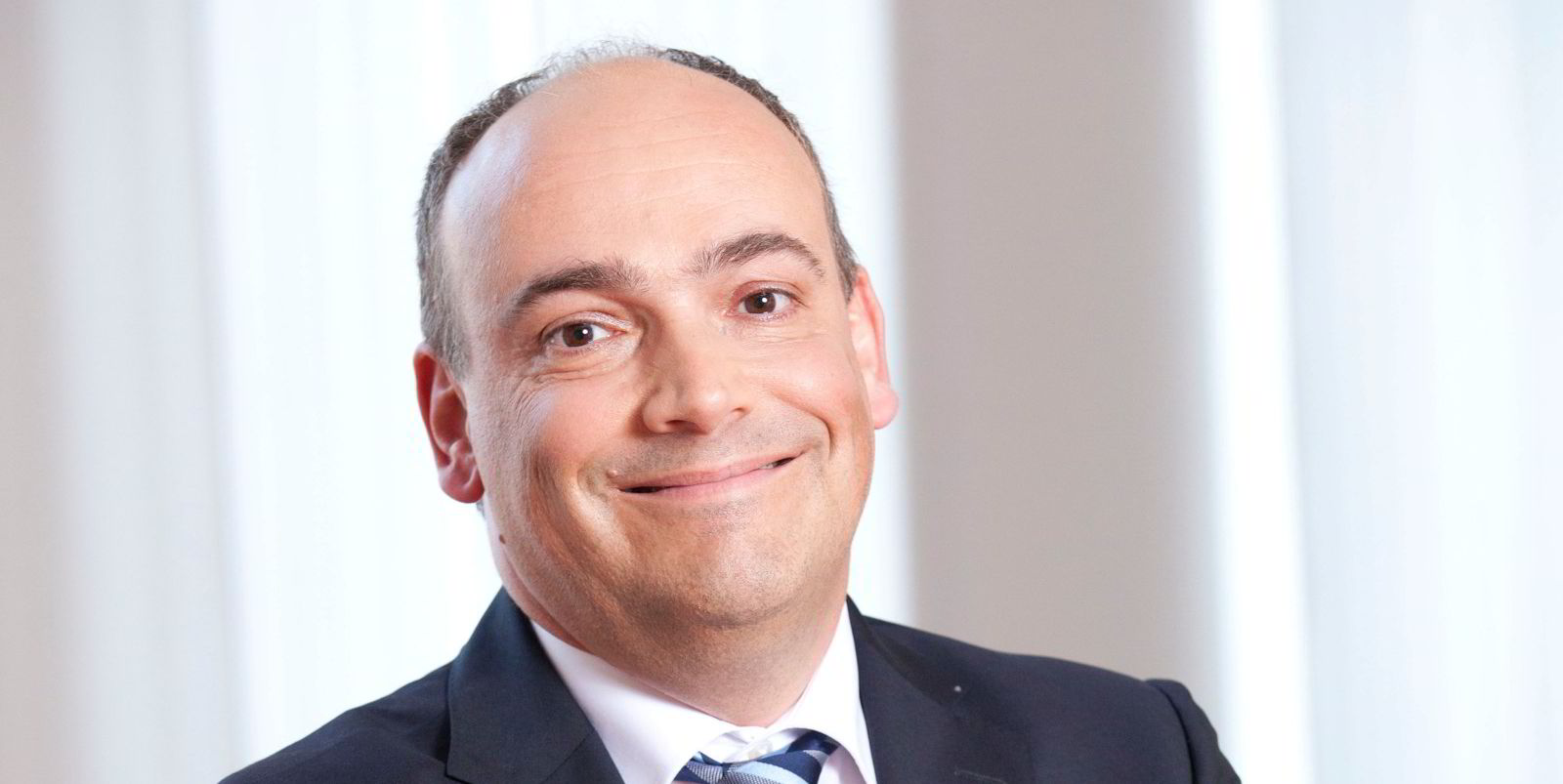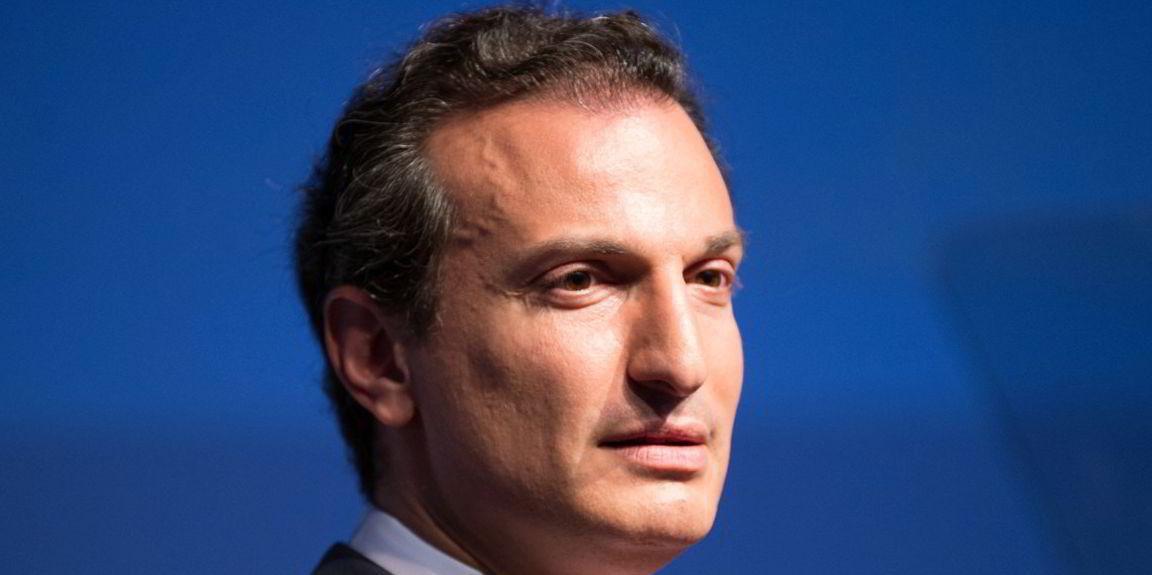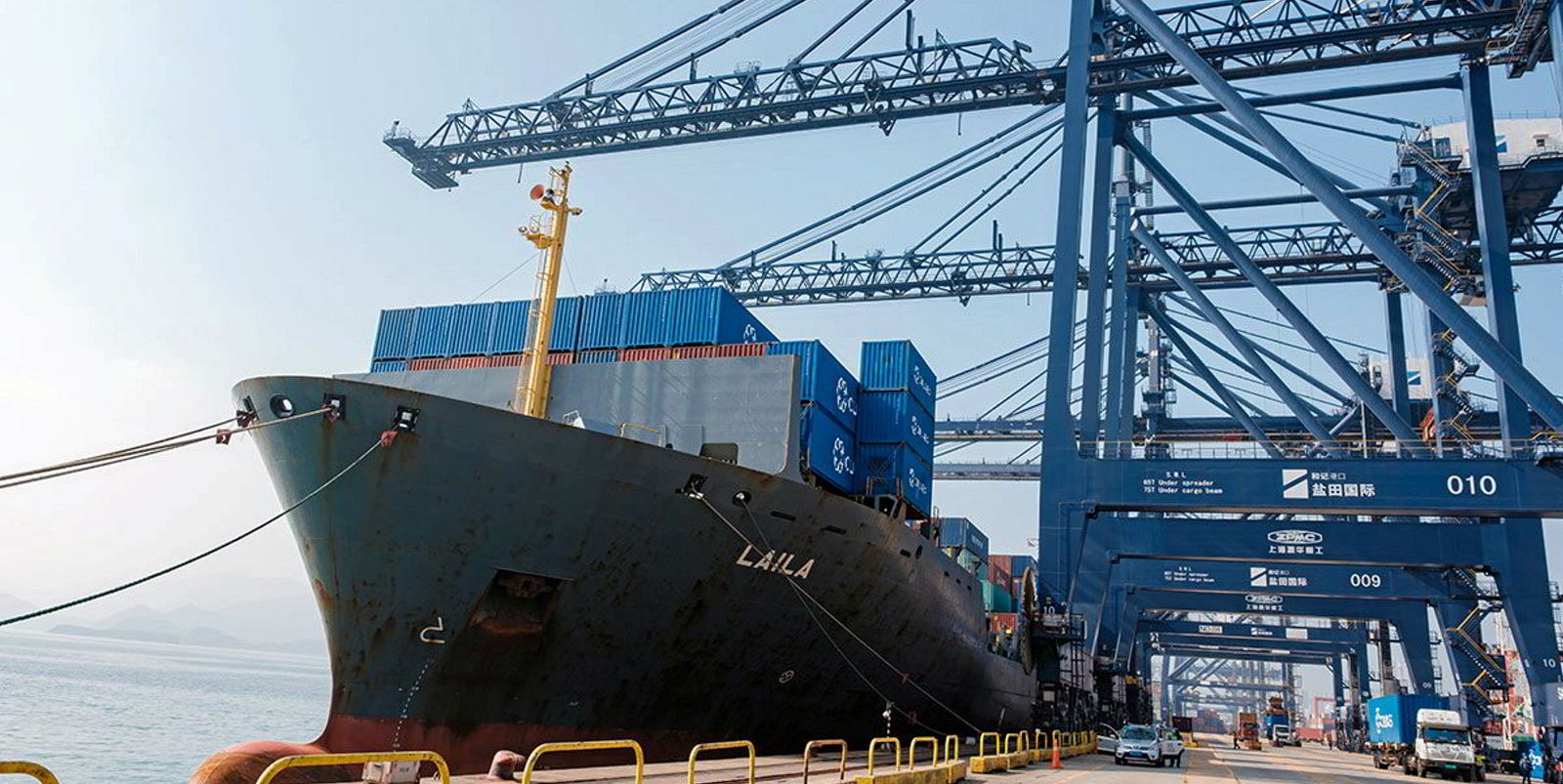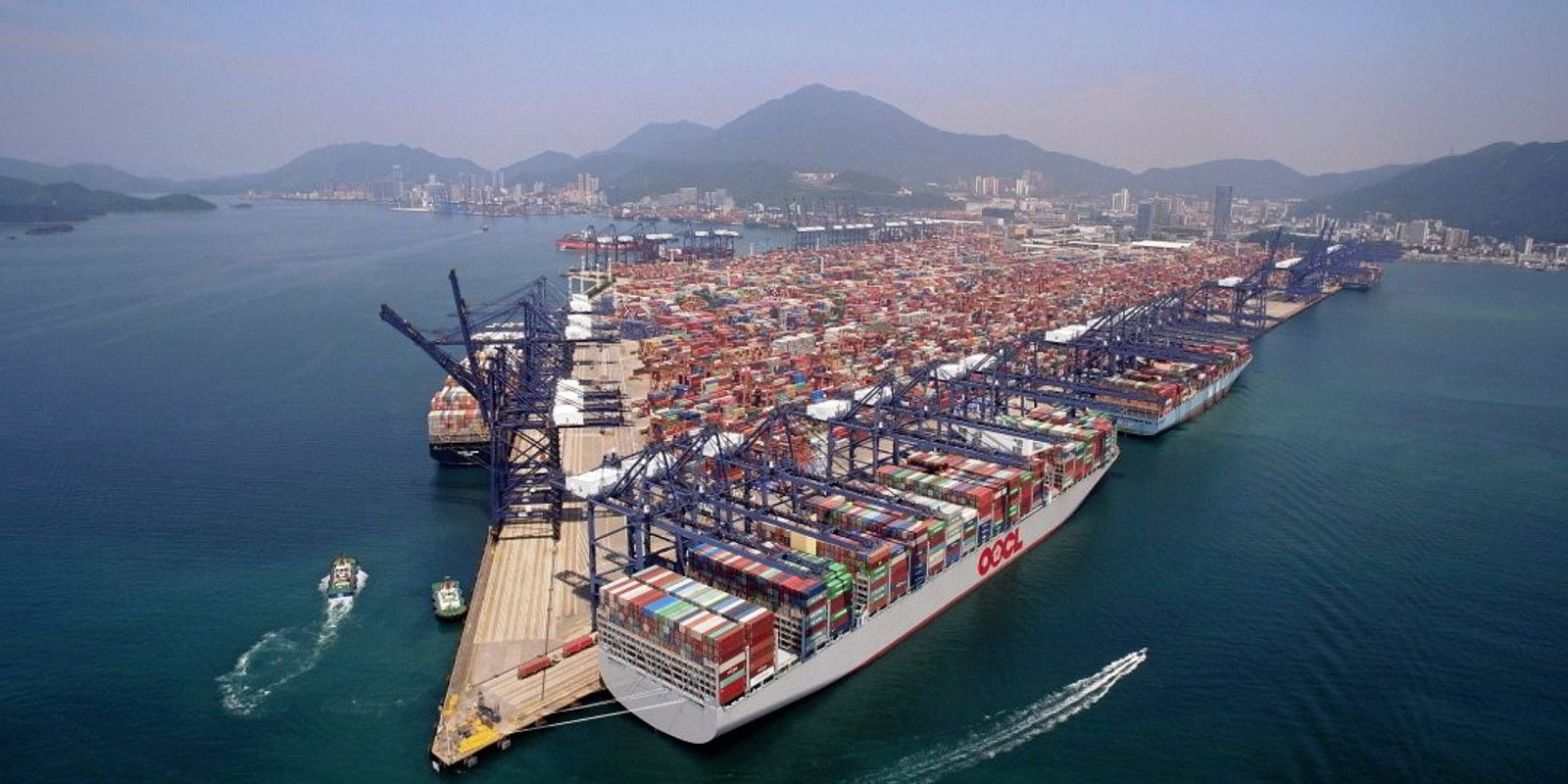Hapag-Lloyd profits rose tenfold in the first half of the year on the back of the exceptionally strong container market.
The world’s fifth-largest liner operator reported group profit of €2.72bn ($3.3bn), compared with €285m in the first six months of last year.
Revenue was up 37% to €8.75bn thanks to higher freight rates, from €6.7bn in the same period last year.
“In a market with very strong demand for container transport, we have benefited from significantly improved freight rates and look back on a very good first half-year,” said chief executive Rolf Habben Jansen.
The German company attributed the rise in freight rates to high demand, scarce transport capacities and severe infrastructure bottlenecks.
Average freight rates climbed 46% in the period to $1,612 per teu.
Volumes were 4% higher at around 6m teu and bunker costs dropped 6% to $421 per tonne.
“Among other things, we were able to reduce our net debt by $1.5bn, although we paid out a significantly higher dividend compared to the prior year,” Habben Jansen said.
No chance of normalisation this year
“We are naturally pleased by this extraordinary financial result.
“But the bottlenecks in the supply chains continue to cause enormous strains and inefficiencies for all market participants and we have to do our utmost to resolve them jointly as soon as possible.”
While demand remains high in the current congested market, it is leading to a shortage of available weekly transportation capacity.
For that reason, the company expects earnings to remain strong in the second half.
“Looking at the market environment today, we, however, do not believe that the situation will return to normal any time soon — despite all the efforts made and the additional container box capacity that is being injected,” Habben Jansen said.
“We currently expect the market situation only to ease in the first quarter of 2022 at the earliest.”
In May, the company had expected a gradual normalisation in the second half of the year.
As announced in preliminary results on 30 July, Ebitda for the full year is expected to be in the range of €7.6bn to €9.3bn.
That compares with around €2.7bn for the 2020 financial year and €1.9bn in 2019.
Ebitda in the first half of this year was €3.5bn, up from €1.2bn in the same period last year.








